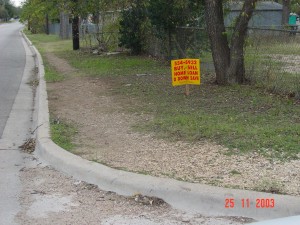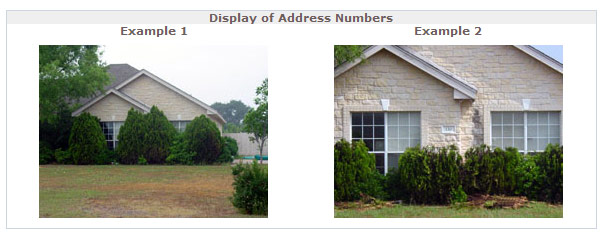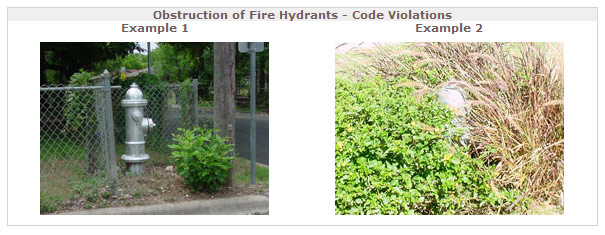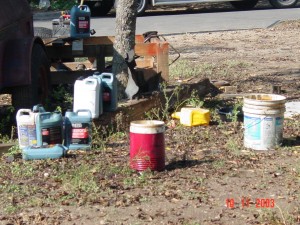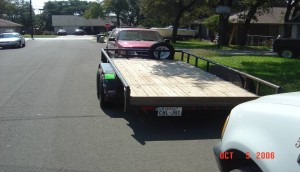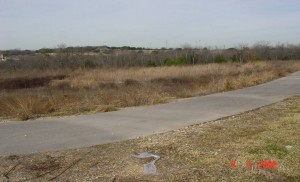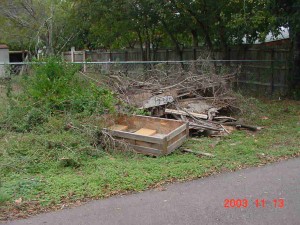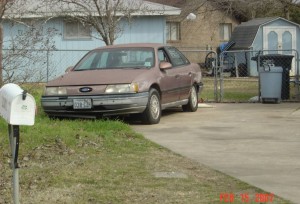Common Violations
About the Code Compliance Department
Code Compliance is responsible for monitoring both public and private property, commercial and residential, to ensure that there are no health or safety hazards that might endanger the public and determining compliance with all City codes and ordinances. These code requirements are the minimum standards the City has adopted to protect the interests and eliminate hazards that could affect public safety, health, and general welfare.
The City’s codes and ordinances address a wide variety of areas, including building construction and safety, fire safety, dangerous buildings, nuisance violations, public health, zoning, sign violations, and more. View details about common violations. They can also be found in the City’s Code of Ordinances, as well as the Unified Development Code.
For additional information on violations, or to register a concern or complaint, please contact the Code Compliance Office at (512) 930-3606 or register a complaint online here.
Code Compliance Officers
Common Violations
Frequently Asked Questions


